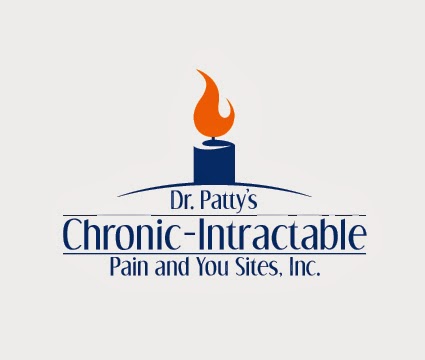Opioid Dispensing and Overdoses Down Sharply
Dispensing of opioid pain relievers and painkiller overdoses both declined substantially after an abuse-deterrent formula of OxyContin was introduced and the painkiller propoxyphene was withdrawn from the U.S. market in 2010, according to a new study published online in JAMA Internal Medicine.
The study is another indication there has been a reversal in the growth of opioid prescribing – which has long been blamed for the so-called “epidemic” of prescription drug abuse. Last week another study was released showing that the painkiller hydrocodone was no longer the most-widely prescribed drug in the U.S.
Researchers analyzed claims from over 31 million members of a large national health insurer, and estimated that by 2012 total opioid dispensing declined by 19% and the overdose rate dropped by 20 percent. The drop in prescription opioid overdoses was partially offset by a 23% increase in overdoses due to heroin.
To Read More, please click this link:
http://www.chronicintractablepainandyou.net/apps/forums/topics/show/13183294-opioid-dispensing-and-overdoses-down-sharply?next=
